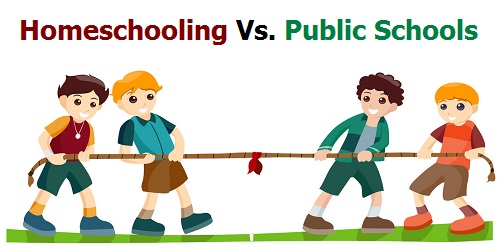
Students in Grades 10-12 (15 to 17-years-old) are in the rhetoric stage. The rhetoric stage in classical education is all about communication. Diagram showing how the grammar, logic, and rhetoric stages of the trivium in classical education relate to one another. They can do this in different ways, but this is often done through writing a thesis or verbal debate with other students. Instead, they are logically thinking through arguments. How do facts fit in a logical framework?Īs they learn logical reasoning, they can begin writing argumentative papers to criticize and analyze texts.

They are curious about cause and effect and want to know how different fields of knowledge intersect. Students of this age think more abstractly and analytically and love asking, ‘Why?’. Children enter this stage in Grades 5 to 9 (ages nine to 14). The logic stage in classical education is about learning to reason (or logic). What are the building blocks for? The next stage – the logic stage of classical education.

In this context, the word ‘grammar’ should be thought of as ‘basic building blocks’. They learn poems, spelling, grammar and phonic rules, mathematics, phonics and spelling, flora and fauna details and descriptions, foreign language vocabulary, historical and other well-known stories in great literature, and more. Students around this age have minds that are eager to absorb information.Ĭhildren of this age find memorization enjoyable, so they’re tasked with learning many facts. The grammar stage covers Year 1 to Year 4 (students are around five to eight years old). Rather, they learn the foundational skills they will need for further learning. But, students don’t spend four years doing English. The grammar stage in classical education is all about learning the language. For example, you might memorize a small portion of a classical text in the grammar stage and then revisit it in the logic stage when you write an essay on it, and then debate it in the rhetoric stage. Through spiral learning in the trivium, children are taught as they re-visit previous topics in each stage. The trivium means the place of three roads in Latin. The Greeks thought that if a student knew these seven subjects, they would be equipped to tackle any other learning in their lifetime. grammar (early years of primary school).The 7 liberal arts encompass the trivium and the quadrivium. Traditional Classicist models tend to be more secular. Similar to the neo-classical approach, the traditional classicist values the study of Latin and other classical languages, as well as logic and the Great Books, though there might be some variation in the specific texts included in each curriculum. While the terms “grammar, logic, and rhetoric” are seen as disciplines to be studied rather than developmental stages, the stages are still followed in any study, regardless of the student’s age. The traditional classicist approach to education places a strong emphasis on Western History, particularly the Greeks and Romans, without adhering to a 4-year history rotation. The two types of classical curriculum are: What Are the Types of Classical Curriculum? A more detailed history of the classical method can be found in this PDF.

Since that time, the Socratic method has been used in Western Society – especially in many universities – as an effective teaching method. In the first universities, the trivium was a requirement of a Bachelor’s degree, while the quadrivium was a requirement for a Master’s degree. At this time, the Socratic method of teaching was developed.Īs the world emerged from antiquity, medieval scholars embraced the seven liberal arts as an excellent form of advanced education. Classical education is once again coming into favor and usage in the Western world as we realize how much of our Western Christian heritage we lost when we rejected classical education.Ĭlassical education began in Ancient Greece and Rome with philosophers like Plato, Socrates, and St.


 0 kommentar(er)
0 kommentar(er)
